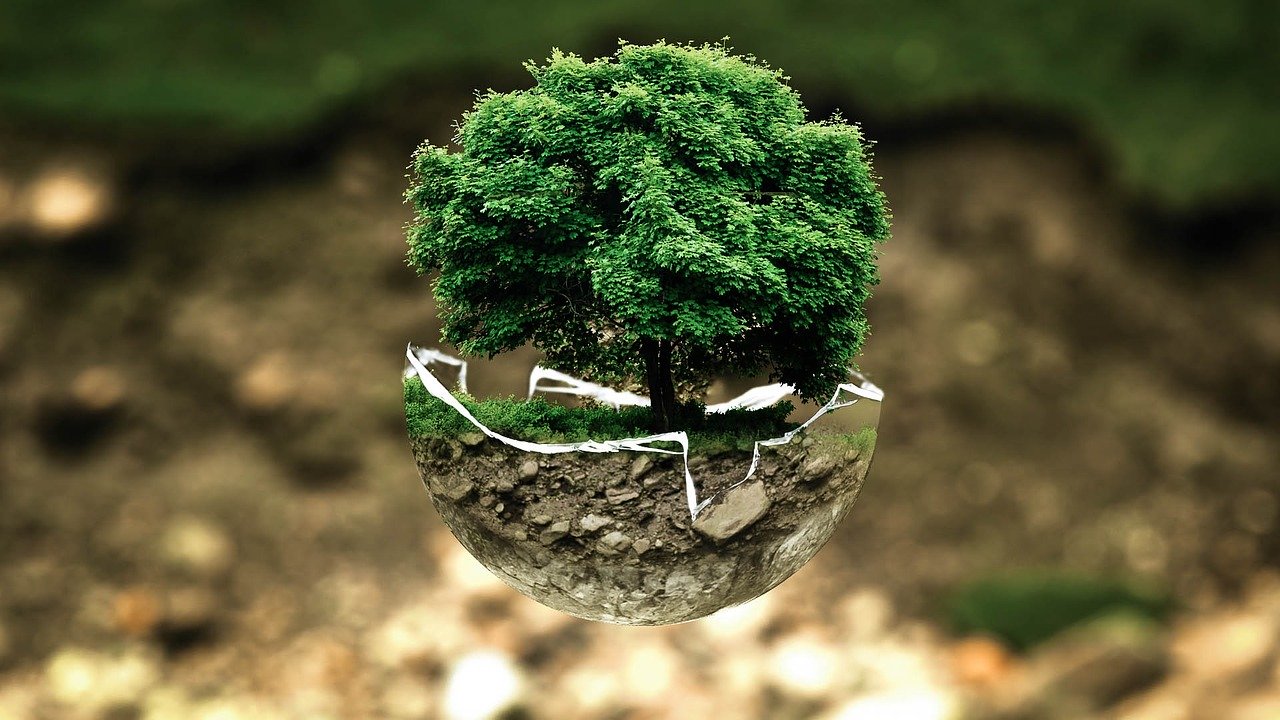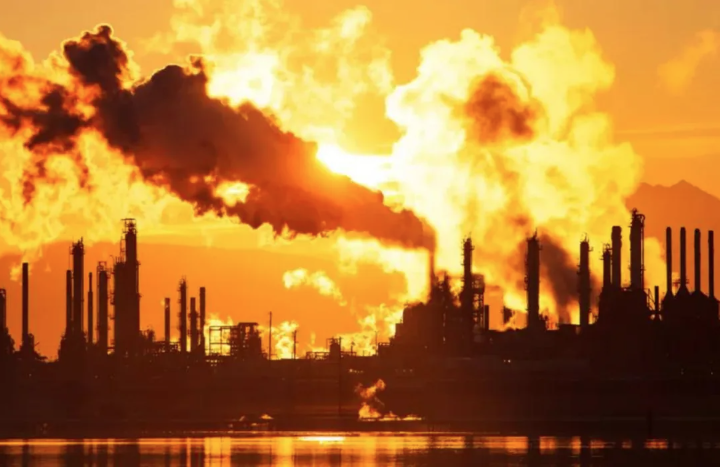Eco-Anxiety: A Result of Climate Change

The climate crisis is a fact: the poles are melting, and there are millions of species that remain threatened as humans continually change and destroy the world’s ecosystems. Because of this, eco-anxiety has become somewhat normal for those who really care about it.
Moreover, there are concerns about the control of certain resources, conflicts and their shortages. Worrying about this affects people in different ways, but for some people it can be profound and affect their lives greatly. These people are likely to suffer from what is called eco-anxiety.
Also known as climate anxiety, this concept stems from the need to name the chronic fear of environmental destruction. Concern about climate change and its consequences for nature is certainly another source of stress that people can add to their daily worries.
Two Possible Reasons for Suffering from Eco-Anxiety
Eco-anxiety happens for two reasons. On the one hand, this may be because a person has had to leave the place of origin. On the other hand, this may be the result of an environmental consciousness that is sufficiently developed to cause psychological discomfort.
Lost Land
About 26 million people are affected by meteorological disasters, including floods, rains, fires, or severe storms that recur every year, according to a report published by the European Union.
Therefore, people living in certain regions are forced to migrate due to these events. For example, one in ten people living on islands like Tuvalu or Kiribati becomes a climate refugee.
Because of these environmental changes, which are both natural and human-created, much of biodiversity is disappearing and the resources of certain regions are running out.
Because of this, it becomes increasingly difficult, or even impossible, to reside in such areas. So much so that the United Nations estimates that around 1500 million people will have to relocate to survive.
In addition to the changes people experience when they have to change their place of residence, forced migrants also have to see their land and environment destroyed. This can lead to great anxiety and disappointment.
Eco-Anxiety is Basically Linked to High Environmental Consciousness

People who are connected to nature and are conscious of nature suffer emotional distress. This often comes with a sense of disappointment that occurs because the power of their individual actions is limited. For these reasons, some people really suffer from the effects humans cause on the planet.
An example of this is the effect this has on young people. A clinical psychologist from Oxford determined that many 8-12 year old children experience eco-anxiety.
This is because children are more likely to understand and realize that humans are responsible for these climate changes. Therefore, they experience feelings of anger towards adults because adults have the ability to reduce this effect, frustration, fear, and grief.
Similarly, it is striking how widely environmental scientists have been affected. In this context, Joe Duggan initiated a survey for scientists in 2104. The aim is for them to answer the question of how climate change makes them feel.
The results showed the same even more. Many scientists feel hopeless, scared, helpless and anxious. In fact, British scientists recently published a letter in Science magazine. In this letter, they sought psychological help to better deal with the negative consequences of their work.
Some Consequences of Eco-Anxiety
Climate change has many consequences other than eco-anxiety. If focusing on psychological aspects, these differences can lead to physiological changes that affect people’s well-being. The most basic human physiological processes – such as sleeping and eating – are greatly influenced by nature.
Sunlight and warmth affect circadian rhythms and regulate neurotransmitters that affect your health and mood, for example. Therefore, radical changes in the environment put your body’s balance at risk on many levels.
In addition, natural disasters and high temperatures are closely related to psychological illnesses such as anxiety and mood disorders. For example, the rise in global temperatures is already showing consequences on mental health.
What’s more, a study published by Nature reveals that this rise also plays a large role in suicide rates. Another study found that pessimism increases when temperatures skyrocket.
What should be done?
It is up to you to take these three simple actions to reduce this problem, and your discomfort:
Think about climate change when deciding what to eat, how to travel and what to buy from:
Talk to your friends about climate change. You may not be able to change the world, but awareness raising within your own close group can make a big difference.
Experts recommend that resilience mechanisms be encouraged when faced with this situation. (This will not change unless you act immediately.) In other words, you have to understand the problem as a multidimensional situation.
Therefore, the best measure to reduce eco-anxiety is to keep yourself well informed and empowered. Every person should have the opportunity to be part of the solution.





